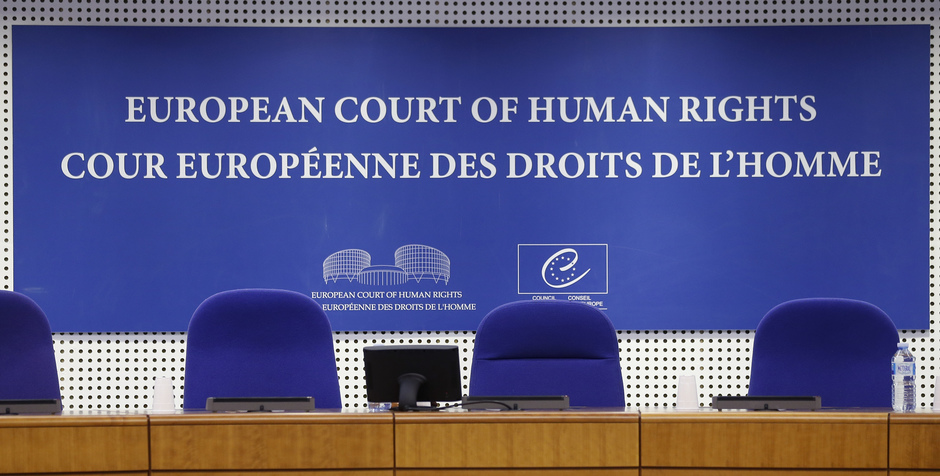
The future of public funding or support of religion in Europe is likely to become increasingly linked with its potential for positive contributions to society, according to several articles in the inaugural issue of the new French-language journal on religion and law, the Revue du Droit des Religions (May). The European Court of Human Rights (ECHR) allows public funding of religion, and differences in treatment toward religion can be accepted as long as they are not discriminatory, writes Gérard Gonzalez. The historical legacy as well as the special significance of a religious group are elements to be considered in judging a variety of practices from one country to another. What is not acceptable is to refuse to a specific religion benefits enjoyed by other religions, as, for instance, when Turkey was condemned for refusing to consider Alevi places of worship as such. The ECHR emphasizes that it is not their business to judge if a religious belief is legitimate or not.
While rooted in history, however, the various schemes of public funding of religions in European countries are based on foundations that are losing relevance, writes Francis Messner. While very diverse, three main types of funding situations can be identified. There are churches getting an income from movable and immovable property, such as the Church of England in the United Kingdom (without allowing direct funding of churches). In several countries, the state provides part or all of the income of established churches. In Belgium and Luxemburg, the salary of ministers is provided as a compensation for the seizing of properties at the time of the French Revolution (though it has also come to benefit some groups that were not yet present during that period); in Germany, Austria, and Scandinavian countries, various systems of so-called “church taxes” are provided by state services on behalf of established religious bodies. A third category of countries are those where there is in principle no public funding, such as France, Ireland, and the Netherlands (though there are still forms of funding in those countries, such as local authorities subsidizing the building of places of worship for minority religions to promote religious equality in the Netherlands).
Though public funding of religious groups is a legacy of past circumstances, it is getting more difficult for European public opinion to understand and accept, Messner writes. Increasingly, as can be observed in post-communist states or in dealing with new religious groups such as Muslims in Western Europe, authorities are willing to provide some support (such as supporting the training of religion teachers) in exchange for positive contributions of those religious groups to a harmonious social life.
(Revue du Droit des Religions, Presses Universitaires de Strasbourg, 5 Allée du Général Rouvillois, 67083 Strasbourg Cedex, France – http://pus.unistra.fr)